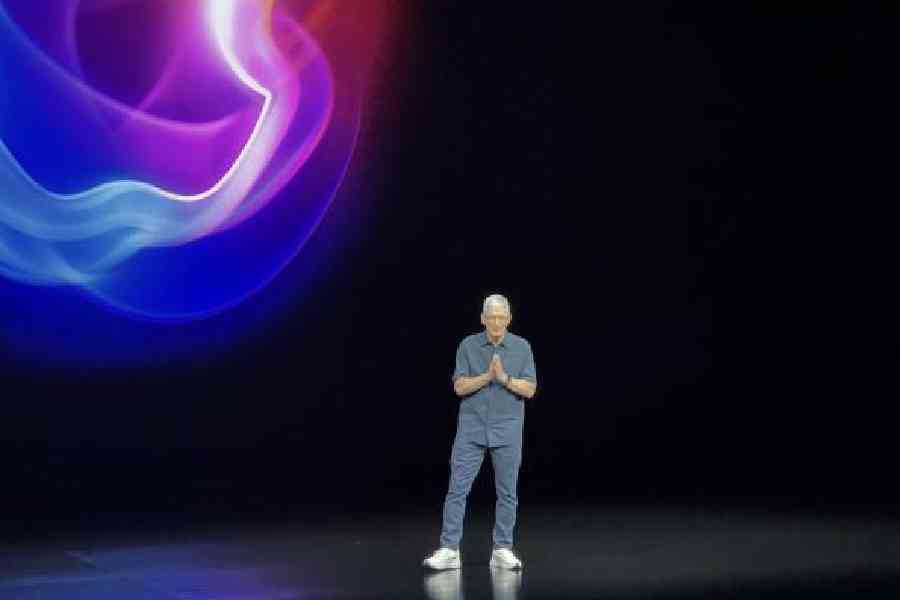Apple needed a blockbuster move to keep the star of its portfolio — the iPhone — shining. The Cupertino headquartered company has unveiled the iPhone 16 series, which is expected to set off a spurt of growth by offering Apple Intelligence or a unique take on artificial intelligence. The Tim Cook-led company has also introduced sleep apnea detection feature on the new Watch Series 10. Apple said AirPods Pro 2 now has a “clinical-grade” hearing aid feature.
“The next generation of iPhone has been designed for Apple Intelligence from the ground up,” said Apple CEO Tim Cook.
While most AI companies focus on either hardware (like semiconductors) or software (large language models), Apple is focusing on the combination of the two to leapfrog competitors with the ability to deliver AI capabilities, keeping personal context in mind, be it in interactions with the digital assistant Siri or summarising and improving messages and mails.
For a company with an installed base of over 2.2 billion active devices (across categories), the upgrade cycle is significant, making the four new iPhones — two of which are Pro models — appealing, more so for its release schedule, arriving before the big festive season in India and in the US. Apple Intelligence will come to the entire new iPhone line-up (besides the iPhone 15 Pro and 15 Pro Max). In a changing tech landscape, Apple Intelligence will help the company mature, tailoring services to local regulations.
A significant upgrade on the new iPhone’s hardware front involves the introduction of Camera Control. The touch-sensitive button will work like a shutter button on a DSLR camera, allowing users to adjust camera settings without touching the screen. Tapping it opens the camera, and also takes a photo or quick video with another tap or tap-and-hold, while a light press gives you a UI-free preview, and swiping side to side adjusts your zoom level.
The company’s ambitions for the Apple Watch continue unabated. The latest Watch Series 10 is capable of identifying whether someone shows signs of sleep apnea, a chronic disorder that causes periodic disruptions in night-time breathing.
The National Institutes of Health in the US estimates that at least 50 million Americans struggle with some kind of sleep disorder, including sleep apnea. Further, scientists at the Centers for Disease Control and Prevention have found that people with obstructive sleep apnea have a significantly higher risk of depression.
If the watch determines that the user may have sleep apnea, it will recommend that the user consult a medical provider for more tests.
Apple has also announced health-related features coming as a software update for AirPods 2. This includes a hearing protection mode being enabled by default, offering passive noise cancellation in loud environments. Apple is also launching a “clinical grade” hearing aid mode. Users can take a hearing test that can be viewed securely in the Health app. If hearing loss is detected, the hearing aid mode is then available to use.
“iPhone 16 with ground up design from silicon to software to services, brings a significant point for Apple to kickstart the AI journey optimised for Apple Intelligence. Since iPhone users use (the phone) for three to four years, we estimate this is a significant upgrade for someone looking to upgrade from iPhone 11/12. Since the iPhone 16 series will be manufactured in India, it will alleviate some pricing concerns for acquiring more premium models and should drive iPhone 16 sales to achieve highest ever sales in India growing at least 20 per cent annually for the next calendar year. Further better financing schemes and move to premiumisation aligns with Apple’s push for the latest generation iPhones,” Neil Shah, partner, Hong Kong-based Counterpoint Research, told The Telegraph.
(The reporter is in Cupertino on an
invitation from Apple)











